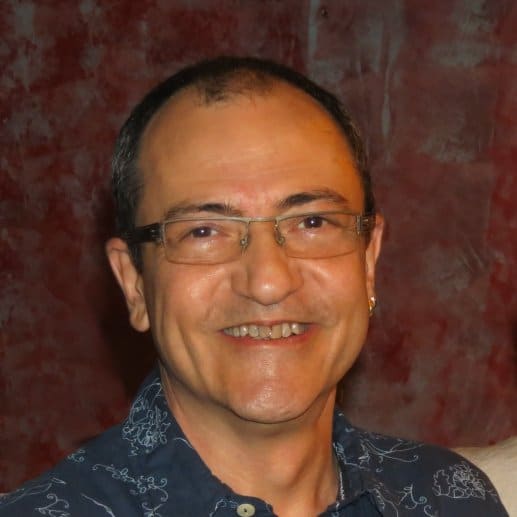Language development for teachers
First of all, it’s an honor to be blogging here on RichmondShare along with some of the brightest stars in the Brazilian ELT market, and also a little scary! Thanks Richmond for the invitation and thank you all for reading!
Now to the topic at hand: language development for teachers.
Scott Thornbury (1997) wrote – and I love quoting him – that among the consequences of (…) a limited knowledge of language are: a failure on the part of the teacher to anticipate learners’ learning problems and a consequent inability to plan lessons that are pitched at the right level; (…) an inability to deal satisfactorily with errors, or to field learners’ queries; and a general failure to earn the confidence of the learners due to a lack of basic terminology and ability to present new language clearly and efficiently. I could quote several other authors in the pantheon of ELT who think along the same lines, and I believe it’s safe to assume no one would disagree with the fact (and it is a fact) that sound knowledge of our subject matter, i.e. English, is necessary and to be expected from language teachers.
I’ve been very fortunate to take part in the three last IATEFL conferences in the UK, and was always blown away by the array of topics covered by speakers from all over the world: technology in the classroom (an absolute favorite!), approaches to grammar, phonology, music, games, video, classroom management etc. You name it, they had it. It goes without saying that choosing what to see was always a nightmare, for I simply wanted to see everything! There was one topic, however, which was nowhere to be found, and that was language development for teachers. The same can be said about the recent issues of some of the most prestigious ELT magazines in the world: online teaching, technology, using comic books, Cuisenaire rods (which I happen to love!), connected speech and so on, but nothing on teachers’ language development.
According to Braine (2010), some eighty percent of English teachers worldwide are nonnative speakers of the language, and I believe we can all agree that being a native speaker of English does not mean you are necessarily qualified to teach it. In other words, teachers need to study English, much more so than their learners, I believe. That being the case – and I would love to hear/read your thoughts on that – why is there so little discussion in ELT nowadays about the issue of a teacher’s knowledge of English?
My monthly columns here on RichmondShare will be dedicated to: discussing the issue of English teachers’ language development – especially nonnative teachers in Brazil, but not exclusively –; addressing particular language difficulties English teachers often have; and, finally, suggesting ways in which we can all work on sharpening (one of) our most important tool(s): our English.
Thanks for reading and see you in February. I look forward to your comments.
Bibliography:
Thornbury, S. (1997) About Language. Cambridge.
Braine, G. (2010) Nonnative Speaker English Teachers: Research, Pedagogy, and Professional Growth. Routledge.






